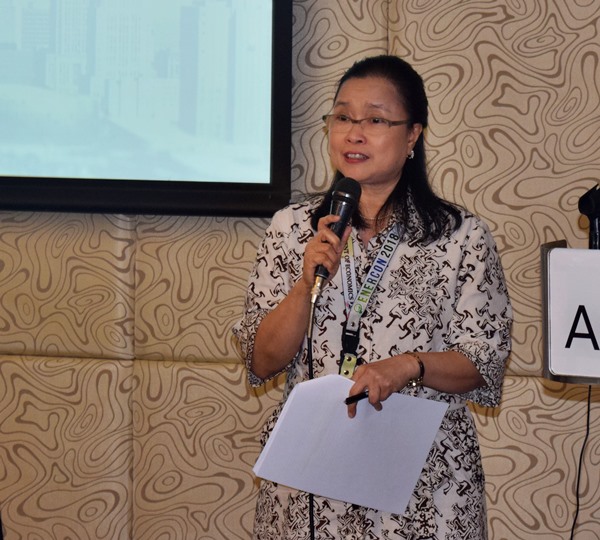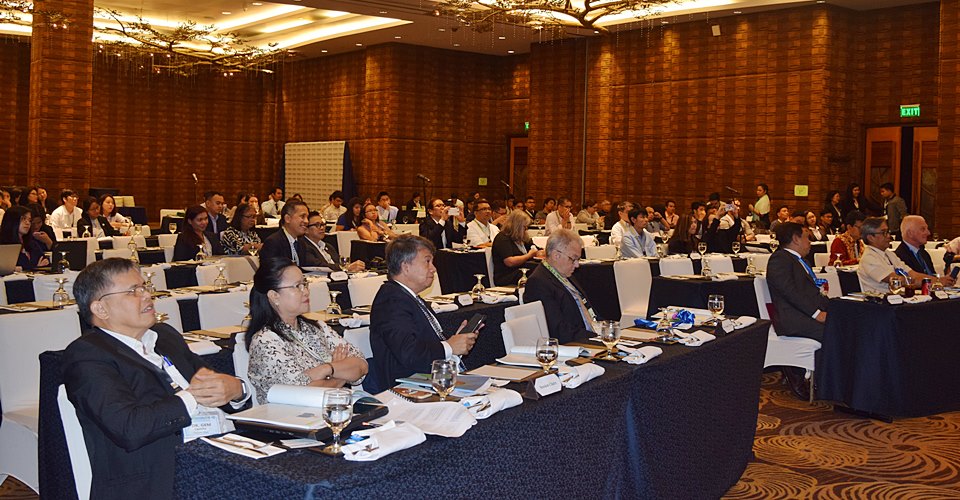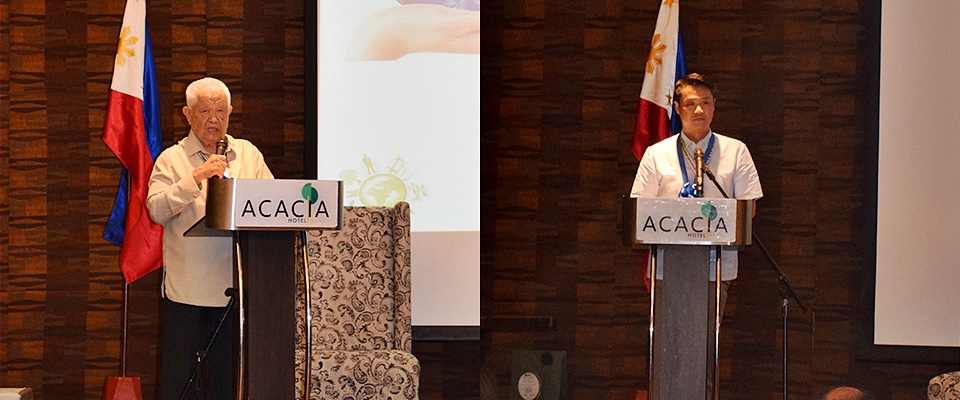ENERCON 2018 was an assembly of local and foreign experts and stakeholders concerned with renewable energy and its importance on economic development and policymaking in the Philippines and the ASEAN region as a whole.
Former Prime Minister and National Economic and Development Authority (NEDA) Head, Cesar Enrique A. Virata, and Senator Sherwin T. Gatchalian, author of the Recoverable System Loss Act and the Energy Virtual One Stop Shop Act, served as keynote speakers of the two-day event. PM Virata talked about energy generation and consumption in the Philippines, its linkages to the environment, and the need to invest more on renewable energy. On the other hand, Senator Gatchalian talked about the different government initiatives on renewable energy generation and its role towards economic development. Other Speakers from the National University of Singapore, Alternergy Wind One Corporation, ASEAN Center for Energy, Economic Research Institute For ASEAN and East Asia, and Oakley Greenwood Pty. Ltd shared their experiences, best practices, and success stories pertinent to sustainable energy adoption and development in the region.
With this year's theme "Energy and Environment: Challenges and Opportunities amidst ASEAN Integration towards Inclusive Growth," parallel sessions include: Sustainable Energy Innovations, Sustainable Energy from Biomass Sources, Sustainable Energy and Local Economic Development, Microeconomics of Electricity Consumption and Generation, and Sustainable Energy Policy, Regulation , and Institutional Issues in the Philippines.

ENERCON 2018 was also supported by Palm Concepcion Power Corporation, DOST-PCAARRD, BP Integrated Technologies, Meralco, and Aboitiz Power
ENERCON is a triennial event organized by the Department of Economics of the College of Economics and Management (DE-CEM) of the University of the Philippines Los Baños (UPLB).

